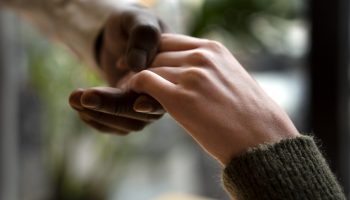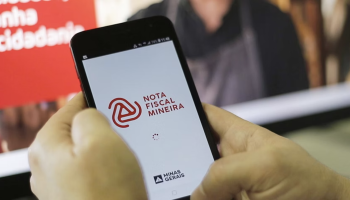The Universal Declaration of Human Rights (UDHR) is the most translated document in the world. It was created in 1948 by the United Nations (UN) and provides basic and inviolable rights that must be respected in all corners of the world.
At its origin, the Declaration had the objective of guaranteeing life, dignity and freedom in a post-war context, when Nazi-fascist governments were in power. But today, 73 years later, several points have still not been reached by all people..
Learn a little about the history of the UDHR and the challenges faced more than seven decades after its creation.
How the Universal Declaration of Human Rights came about
The UDHR was a response to the violation of dignity and basic rights that took place in the first half of the 20th century. At that time, World Wars I and II took place, the rise of Nazism and other totalitarian governments around the world.
In practice, this meant violating the freedom to come and go, to express oneself and even to live. Therefore, the first articles of the Declaration speak of these basic individual rights and prohibit, for example, torture.
But human rights are more than that. They also establish equal access to so-called social, political and legal rights. Providing, for example, freedom of assembly, political and religious expression, property, union, education and professionalization.
Although the document has the force of law and is one of the pillars of the 1988 Brazilian Constitution, many people do not have access to human rights. Therefore, it is a challenge that needs to be faced by society as a whole.
How to make human rights a reality?
To ensure and expand the rights of the Declaration, the UN proposed, in 2015, a new document: the 2030 Agenda, comprising the Sustainable Development Goals (SDGs).
It is a joint action among countries, companies and third sector organizations to guarantee equality, justice, dignity and the improvement of the environment. The intention is not only to establish actions in the present, but also to seek the maintenance of rights for future generations. In all, there are 17 SDGs:

From the point of view of state, municipal and federal governments, they must act to create legislation and public policies that protect individuals. While companies, as holders of economic power, must invest in technology and innovation to improve the quality of life of the community. In addition, they must also engage governments, suppliers, employees and consumers.
Likewise, the performance of the Third Sector is important: Social Organizations fill gaps left by the Government, acting both in accessing services such as education and professionalization, as well as in monitoring government actions to guarantee the rights of citizens.
Learn about the actions of Ramacrisna Institute
Ramacrisna works towards education, professional training and learning for children, young people and adults in situations of social vulnerability. This is the case of vocational courses, the Adolescent Apprentice program. .
In this way, the Institute helps to put into practice article 23 of the UDHR, which says that every human being has the right to work, free choice of employment, fair and favorable working conditions and protection against unemployment.
In addition, Ramacrisna offers workshops and artistic, cultural and sports activities to improve the quality of life of the community. This occurs, for example, through the Ramacrisna Educational Support Center, Arlindo Corrêa da Silva Library and the Ramacrisna Youth Orchestra.
Because of these actions, it directly complies with article 27, which provides for the universal and free right to cultural, artistic and scientific life.
All of our work is for a more egalitarian and fair world, and our guiding principle is compliance with the UDHR. According to our partners, employees and students, our actions contribute to ten of the SDGs. In all, more than 1.8 million people have had their lives transformed by at least one of our projects.
Help us to continue making the world a better place. Know how to contribute.


